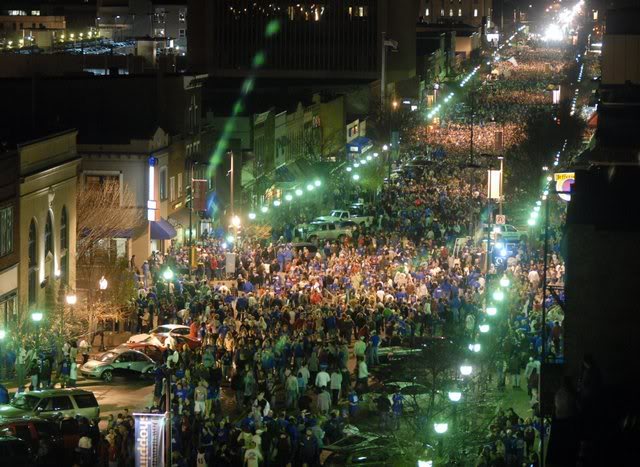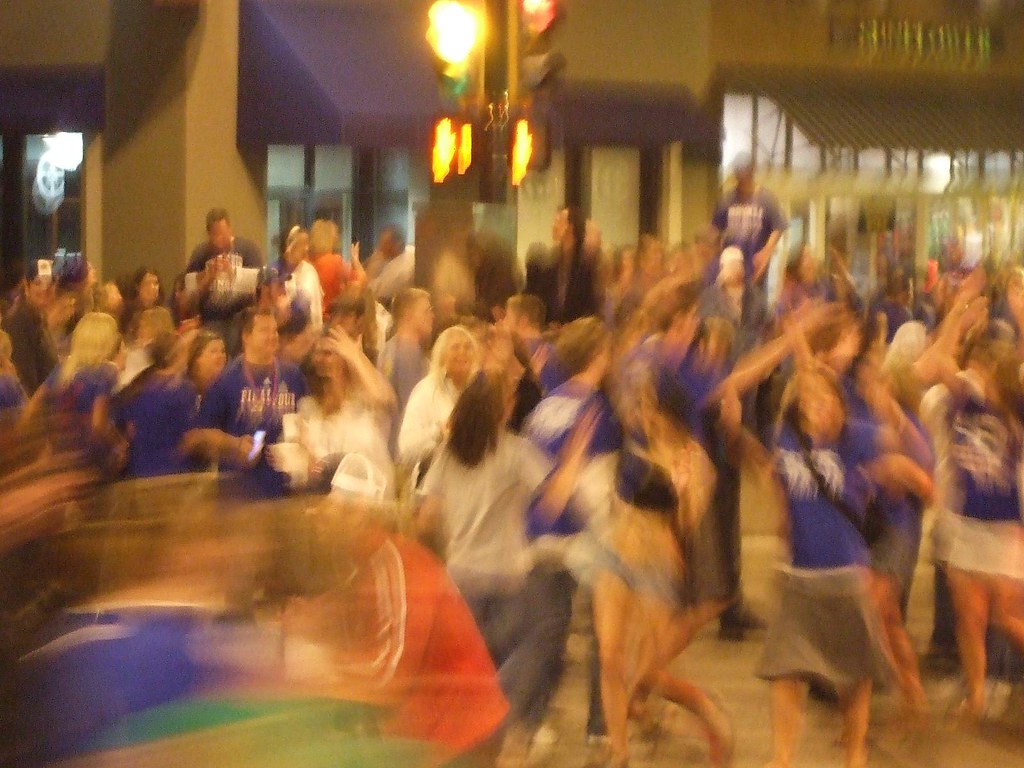The internet is often cast as “the virtual” while face-to-face, or as one scholar better termed it, “body-to-body” communication is seen as the locus of all that is real and authentic. Having studied how people use the internet socially since the early 1990s, I’ve always been very wary of the whole concept of “virtual,” with its implication that what happens online is ALMOST real enough to seem like it’s real but can never really truly be Real. I know too well that for the overwhelming majority of people the overwhelming majority of the time, what happens online is just part and parcel of our everyday lives — no more or less real than a phone call, a memo, a newspaper or even … an in-person conversation. My own research is among studies showing that online interaction isn’t much better or worse than any other kind of interaction and using the internet in relationships doesn’t make them any better or worse.
My position is sometimes interpreted to mean that I think the internet can be substituted for face-to-face communication. I don’t think this. There is something special about shared physical presence that no medium can ever replace. The internet lets us build connections that we can later meet in space, it lets us maintain connections that formed in space, it gives us a way to coordinate how to meet in space. It supports face-to-face communication.
I’ve been thinking about this need for shared presence among fans lately in the wake of two things. First was the completely spontaneous way in which basketball fans in my town amassed downtown when the team made it into the top 4. I don’t know how many thousands came out on in a viral happening that night, but there were 25,000 — 1/4 of the town’s population — when they got to the final 2, and 40,000 when they won. When they had a parade over the weekend so fans could witness what my son described as the “terrible!” “worst ever!” “totally boring!” spectacle of the team sticking their heads out of convertibles, 80,000 people came. When the paper talked to the people who went to the parade they talked about “just wanting to see the players.”
I was a little tempted to sneer, but I totally understood.
Because the second thing that’s got me thinking about the importance of shared presence is the fact that I’m soon to go further than I ever have before to see a show by a band I love. Now this is coming from someone who logged tens of thousands of miles in the 1980s following REM, the dBs, Camper Van Beethoven, Dumptruck, Thin White Rope, Big Dipper, Love Tractor, and other bands I loved around the midwest. It’s even coming from the girl who said “yes” when a girlfriend called her up 3 years ago and said “fly to Denver, meet up with me, and go see REM.” Live music has always compelled me to come.
Back up.
If you’ve been reading this blog for a while or know me, you know that a few years ago I fell very hard for the Norwegian band Madrugada. They have never toured the US. Last summer, their guitarist passed away and in addition to mourning what was way too soon a passing, I also selfishly mourned that I never got the experience of seeing them live. Two years ago I sat exactly where I’m sitting right now and looked at ticket prices on Expedia trying to figure out if I could get to London for their show there. I decided it was just too indulgent and didn’t go. I heard a bootleg. It wasn’t that great a show. But boy do I wish I’d gone.
Before his death, they had almost finished a record. The remaining members finished it, put it out, and more or less announced the end of the band saying it didn’t make sense to go on as Madrugada without Robert. Seemed fitting. But the record is good. Really really good. And they were a band that loved to tour. And you could listen to that record and hear the songs calling to the men who made them “you have to play me live, you know you have to, you know it, you know it.” First they played one show, invitations only, for 500 people and 30 fans (they had a raffle, 10,000 entrants in only a few days). It was hard to imagine that with that taste they could really spend the summer cooling their heels in their urban apartments when there were festivals all over Europe. A few weeks later they announced they were going to tour after all.
Sit home again on account of “it’s too indulgent”? Not an option.
It took an absurd amount of juggling and coordinating, but in a month I’m going to see them 2 nights in a row in Denmark. The next week I’ll give talks in Copenhagen, Toronto, and Montreal then go camping with the family. One might question my sanity.
But what I keep thinking about when I ponder my motivation for going so far out of my way to see them, especially in the wake of Robert’s unexpected passing, and when I think about all those basketball fans in the street, is that being together in person with all your attention on a passion so important to your sense of what makes you you, is such a powerful way to affirm LIFE. To celebrate the fact that we are alive in the same time, the same space. We are alive together.
I found Madrugada on the internet. I met the people who’ve invited me to speak in Copenhagen and in Toronto on the internet. I’m grateful for the chance to see them in person.

 I recently read Wendy Fonarow’s book
I recently read Wendy Fonarow’s book 

